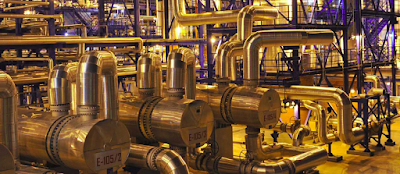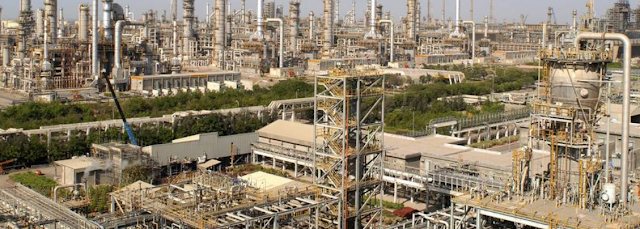The Role Of Desalters In Crude Oil Refineries

Crude oil is considered among the essential fuel resources used historically and globally. Experts suggest that global demand for crude oil is projected to increase to 96.5 million barrels per day in 2022 compared to 86.4 million barrels in 2010. These petroleum products include gasoline, distillates such as diesel fuel, heating oil, jet fuel, petrochemical feedstocks, lubricating oil, etc. One aspect of crude oil is that it contains salts that can result in corrosion when processed through a refinery. High concentration of salt in crude oil causes problems with maintenance and operation. This is why people have begun considering recognized crude oil desalter manufacturers so that these desalters can handle all the work. The benefit of considering desalters from recognized manufacturers is that they should have a combined design with an optimal operating point and high performance to eliminate the additional cost of processing it externally. The Significance: Explained In Brief ...



